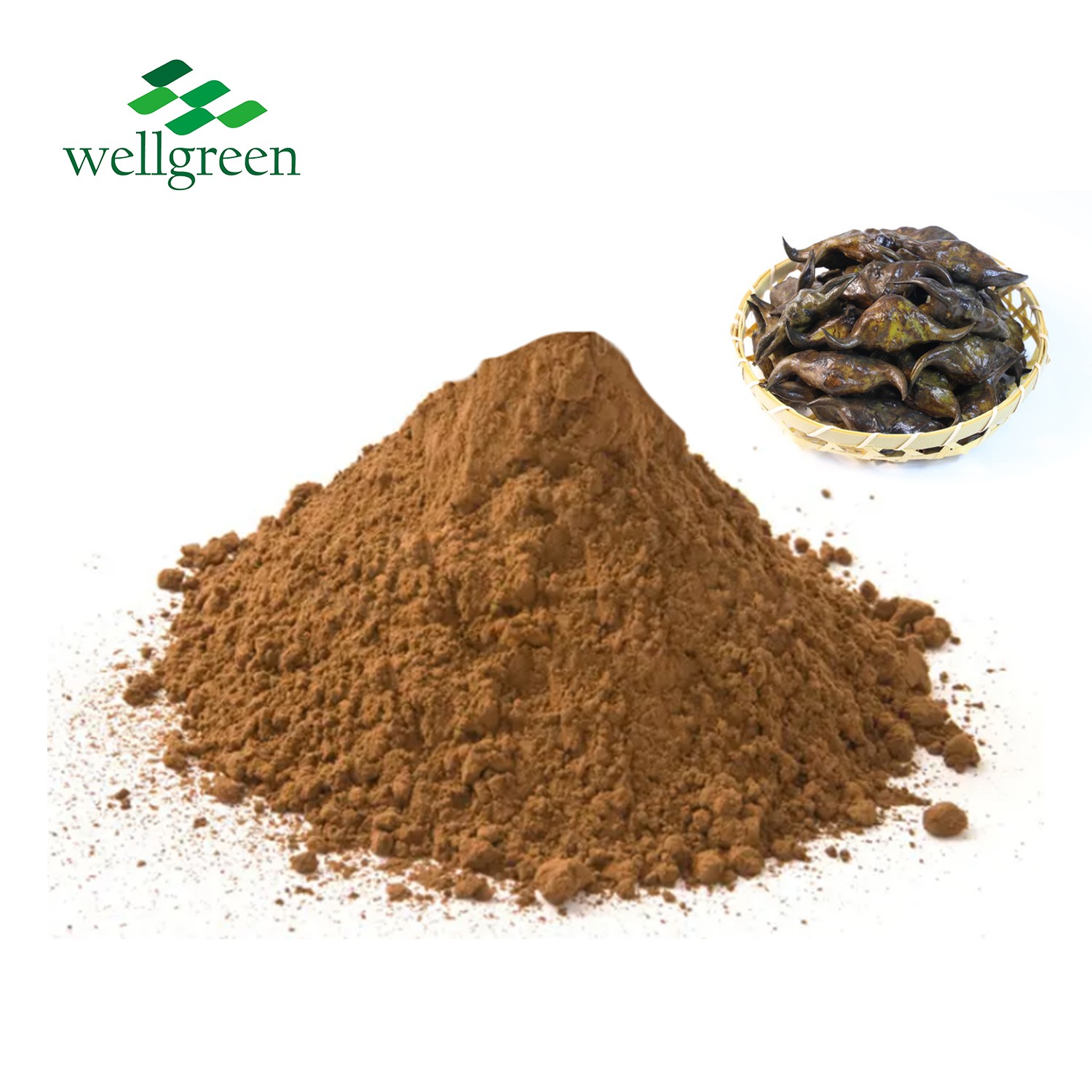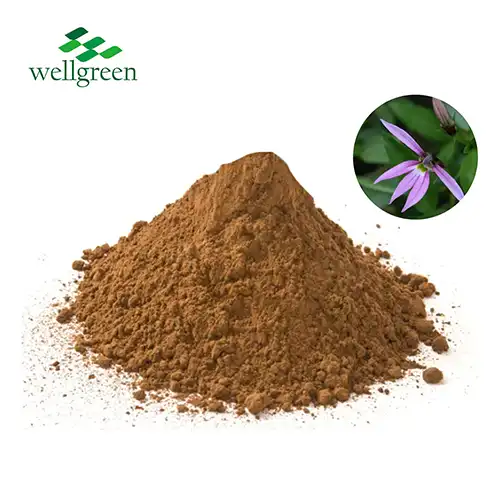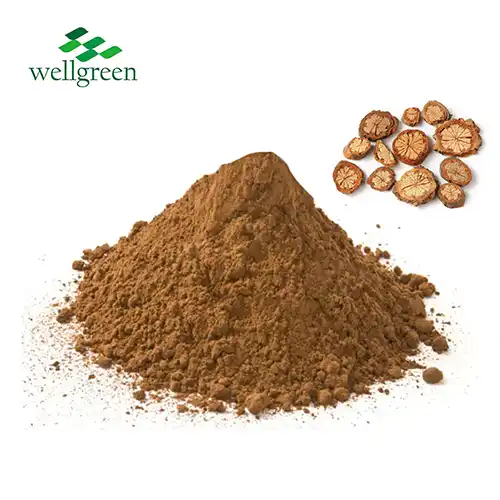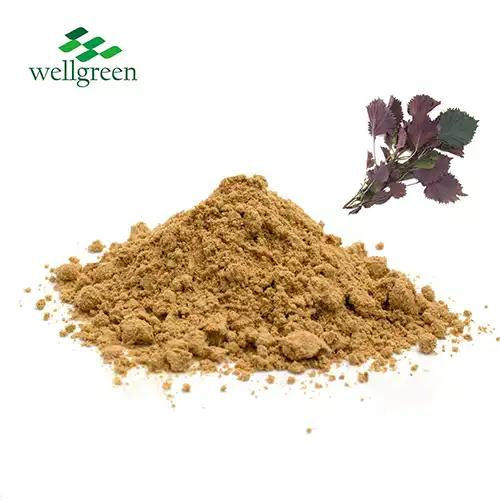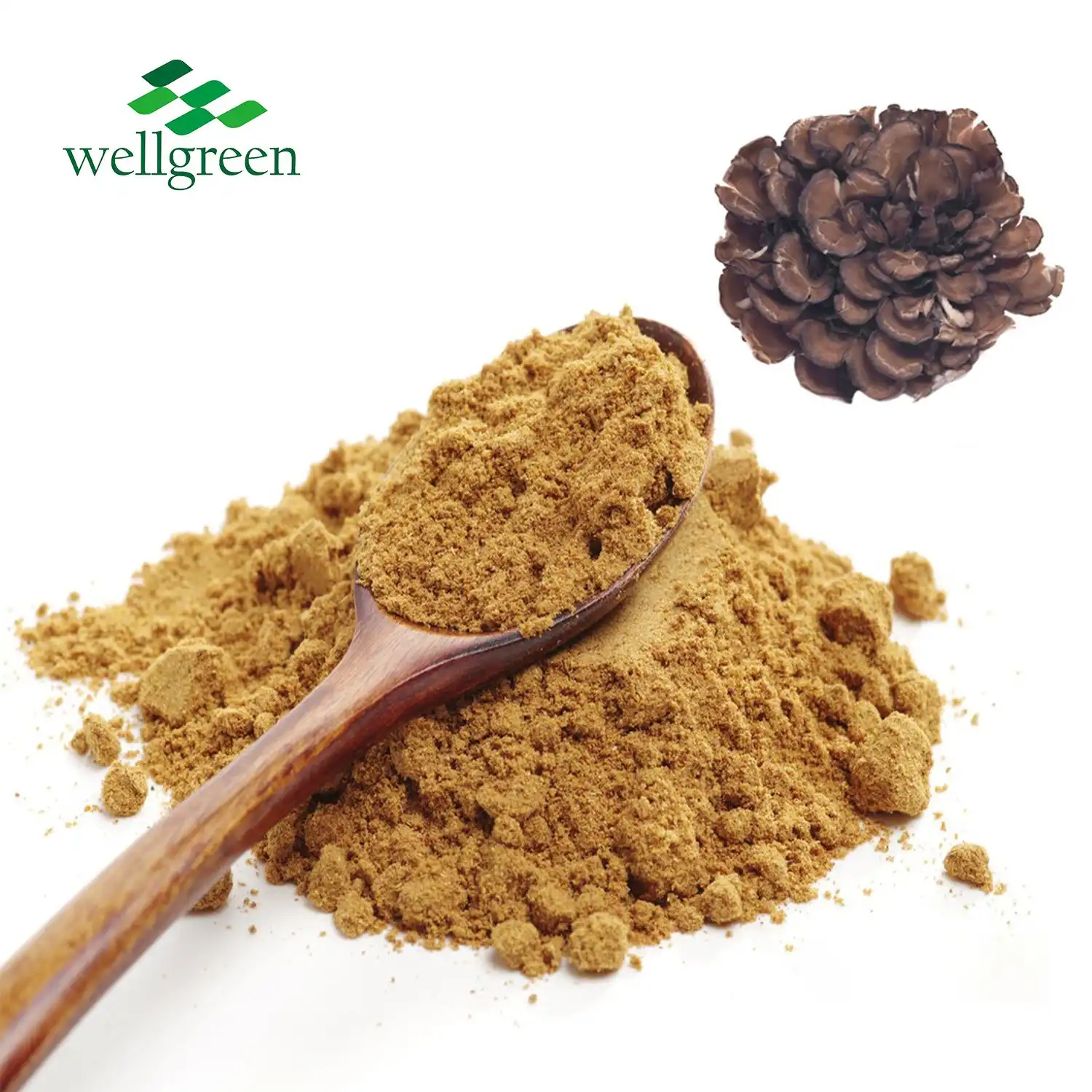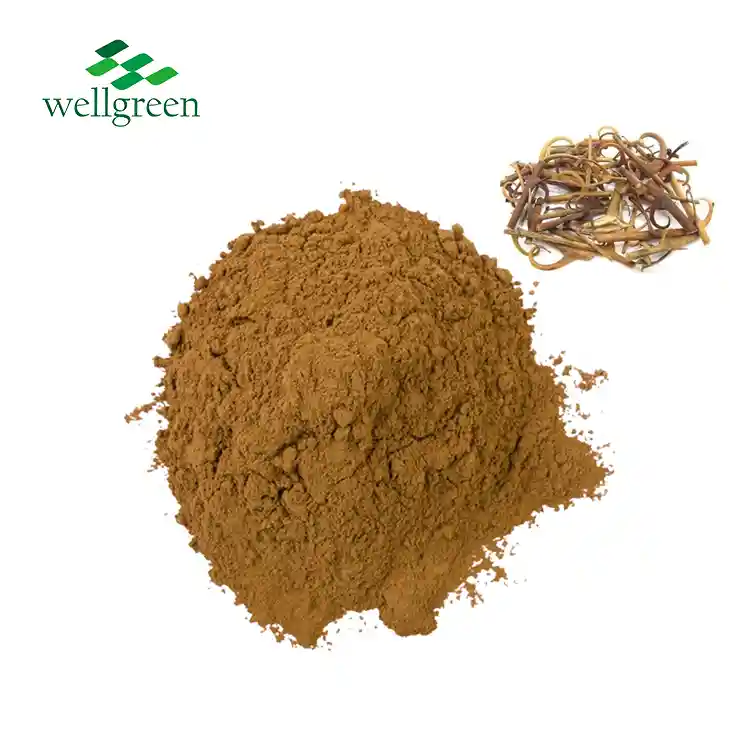Does asparagus extract help high blood pressure?
2024-08-19 11:35:33
High blood pressure, also known as hypertension, is a common condition that can lead to serious health issues if left untreated. Many people are turning to natural remedies to manage their blood pressure, and one such remedy gaining attention is asparagus extract. This blog will explore whether asparagus racemosus root extract can help manage high blood pressure, how it works, and what science says about its effectiveness.
What is Asparagus Extract?

Asparagus extract is gotten from the youthful shoots of the asparagus plant, referred to logically as Asparagus officinalis. This extract is plentiful in nutrients, minerals, and cell reinforcements, making it a well-known supplement for different medical advantages. Asparagus extract is accessible in various structures, including containers, powders, and fluid concentrates.
Asparagus is packed with essential nutrients, which contribute to its potential health benefits:
- Vitamins: Rich in vitamins A, C, E, K, and several B vitamins.
- Minerals: Contains important minerals like potassium, calcium, and magnesium.
- Antioxidants: High in antioxidants such as glutathione, rutin, and quercetin.
- Fiber: Good source of dietary fiber, which is beneficial for digestive health.
The presence of these nutrients suggests that asparagus extract might offer various health benefits, including potential effects on blood pressure.
How Does Asparagus Extract Affect Blood Pressure?
The mechanisms through which asparagus extract powder might help in managing high blood pressure are linked to its nutritional components and their physiological effects. Here are some ways asparagus extract may influence blood pressure:
♦ Potassium and Blood Pressure
One of the critical minerals in asparagus is potassium, which is known to assist with directing circulatory strain. Potassium helps balance sodium levels in the body, lessening the strain in the walls of veins and in this way bringing down pulse. Studies have demonstrated the way that rising potassium admission can prompt critical decreases in pulse, particularly in people with hypertension.
♦ Antioxidant Properties
Asparagus extract is wealthy in cell reinforcements, which can shield the cardiovascular framework from oxidative pressure. Oxidative pressure is a condition described by an irregularity between free extremists and cell reinforcements in the body, prompting irritation and harm to veins. By killing free revolutionaries, cell reinforcements in asparagus extract can assist with keeping up with sound veins and work on in general cardiovascular wellbeing.
♦ Anti-inflammatory Effects
Constant irritation is a known supporter of hypertension and other cardiovascular infections. Asparagus extract contains compounds with mitigating properties, like saponins and flavonoids. These mixtures can assist with diminishing aggravation in the veins, advancing better blood stream and lower pulse.
Does Scientific Evidence Support Asparagus Extract for Blood Pressure Management?
While the nutritional profile and potential mechanisms suggest that asparagus extract powder might help manage blood pressure, scientific research specifically focused on this extract is limited. However, there are studies on asparagus and its components that provide some insights.
Studies on Asparagus
- Animal Studies: A few creature studies have demonstrated the way that asparagus can assist with lessening pulse. For instance, a concentrate on rodents found that asparagus extract brought down pulse and further developed kidney capability, which is essential for circulatory strain guideline.
- Human Studies: Direct examinations on people in regards to asparagus extract and circulatory strain are scanty. Notwithstanding, a little report including overweight people showed that asparagus consumption worked on different cardiovascular markers, including circulatory strain. Greater human preliminaries are expected to affirm these discoveries.
Related Research
- Potassium-Rich Diets: Various examinations have laid out that counts calories high in potassium are related with lower pulse. Since asparagus is a decent wellspring of potassium, it tends to be induced that consuming asparagus extract could add to comparable advantages.
- Antioxidant and Anti-inflammatory Research: General examination on cell reinforcements and calming intensifies upholds the possibility that these substances can assist with overseeing circulatory strain. Asparagus extract, being wealthy in such mixtures, could offer comparative advantages.
How to Use Asparagus Extract for Blood Pressure Management?
If you are considering asparagus racemosus root extract as a natural remedy for high blood pressure, here are some tips on how to use it effectively:
Dosage and Forms
Asparagus extract is accessible in different structures, including cases, powders, and fluid extracts.
The suitable measurements can change in light of the structure and grouping of the extract. It is fundamental to keep the producer's rules or talk with a medical services supplier to decide the right measurement for your necessities.
Combining with a Healthy Diet
While asparagus extract can be a helpful enhancement, it shouldn't supplant a sound eating routine and way of life. Consolidating a reasonable eating regimen wealthy in organic products, vegetables, entire grains, lean proteins, and low-fat dairy can improve the impacts of asparagus extract on circulatory strain. Restricting sodium admission and expanding potassium-rich food sources, including asparagus, can give extra advantages.
Monitoring and Professional Guidance
Normal observing of pulse is urgent to survey the viability of any enhancement or dietary change. It is fitting to work with a medical services supplier to guarantee that asparagus extract is a protected and proper expansion to your pulse the board plan. They can give customized guidance and change any drugs if important.
Conclusion
Asparagus extract powder, with its rich nutritional profile and potential health benefits, shows promise as a natural aid in managing high blood pressure. Its potassium content, antioxidant properties, and anti-inflammatory effects suggest that it can contribute to cardiovascular health. However, more scientific research, particularly involving human trials, is needed to confirm its efficacy. For now, incorporating asparagus extract into a balanced diet, along with regular monitoring and professional guidance, can be a proactive step toward better blood pressure management.
WELLGREEN is an innovation-driven manufacturer of herbal extracts since 2011 certified by ISO9001:2015, ISO22007, HALAL, KOSHER, HACCP, and Organic Certificate. If you need Asparagus Extract Powder, please contact us wgt@allwellcn.com. We can supply customized service as per your request.
References
1. Houston, M. (2011). The role of potassium in managing hypertension. Journal of Clinical Hypertension, 13(7), 446-451.
2. He, F. J., & MacGregor, G. A. (2008). Beneficial effects of potassium on human health. Physiologia Plantarum, 133(4), 725-735.
3. Lobo, V., Patil, A., Phatak, A., & Chandra, N. (2010). Free radicals, antioxidants and functional foods: Impact on human health. Pharmacognosy Reviews, 4(8), 118-126.
4. Palanisamy, A., Anuradha, C. V., & Ramkumar, K. M. (2010). Asparagus racemosus ameliorates hyperglycemia through inhibition of carbohydrate digestive enzyme activities and enhancement of insulin secretion. Food and Chemical Toxicology, 48(8-9), 2448-2453.
5. Strazzullo, P., & D'Elia, L. (2014). Potassium and blood pressure: More than the kidney. Current Hypertension Reports, 16(8), 477.
6. Murthy, K. N., Jayaprakasha, G. K., Singh, R. P., & Patil, B. S. (2012). Antioxidant activities of citrus limonoids, flavonoids, and coumarins: Antioxidant activities of citrus phytochemicals. Journal of Agricultural and Food Chemistry, 60(15), 4135-4141.
7. Singh, N., & Bhat, B. (2016). Role of flavonoids in managing hypertension. Cardiovascular & Hematological Agents in Medicinal Chemistry, 14(4), 247-259.
8. DuPont, M. S., Mondin, Z., Williamson, G., & Price, K. R. (2000). Effect of variety, processing, and storage on the flavonoid glycoside content and composition of lettuce and endive. Journal of Agricultural and Food Chemistry, 48(9), 3957-3964.
9. Mahajan, R. T., & Chopda, M. Z. (2009). Phyto-pharmacology of Zingiber officinale: A review. Journal of Pharmacy and Pharmacology, 61(1), 96-104.
10. Kapil, V., & Webb, A. J. (2010). A review of the role of redox stress in hypertension. International Journal of Hypertension, 2010, 1-6.

